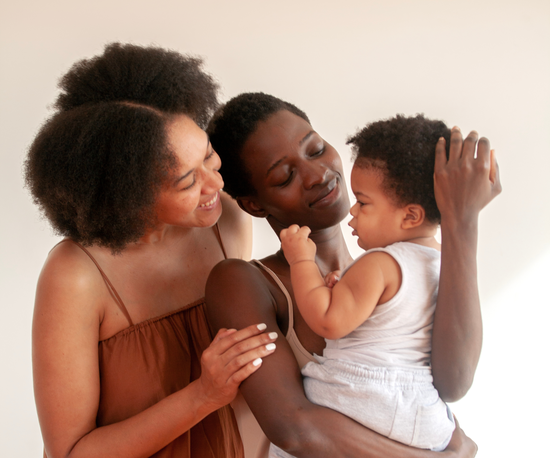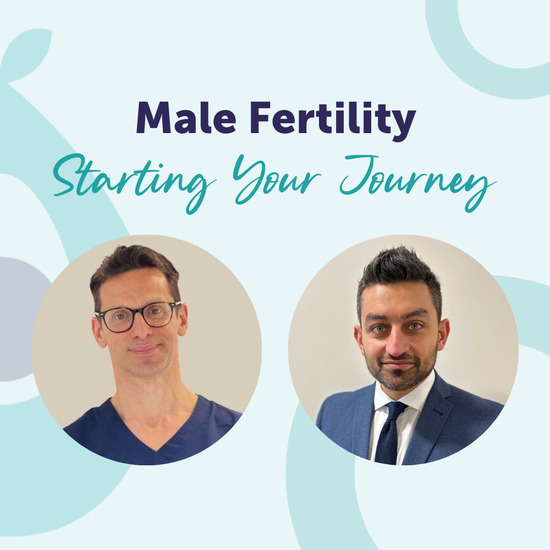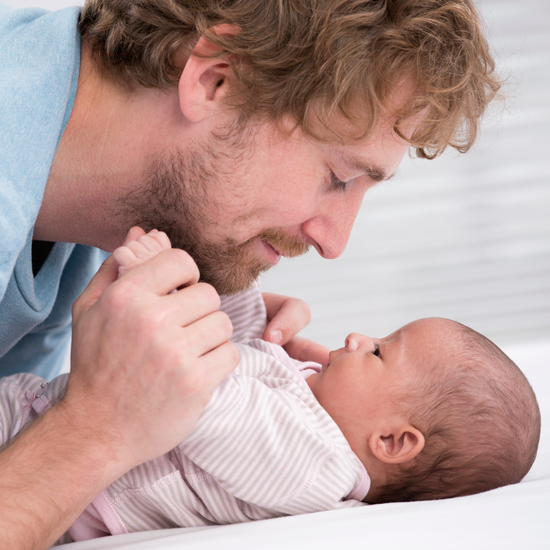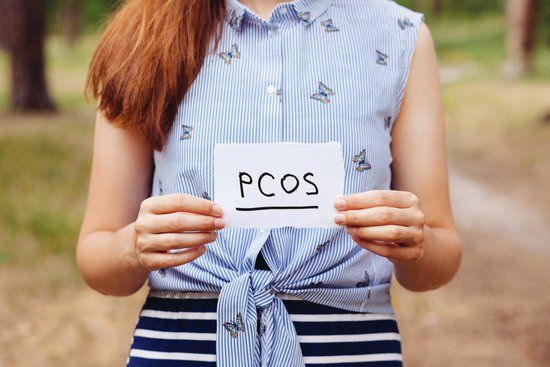
A fertility assessment can be a useful starting point if you’re thinking about starting a family for couples and single women.
Through a few simple tests and a consultation with one of our knowledgeable fertility specialists, a fertility assessment helps you understand your current fertility, and enables you to make more informed decisions about your fertility journey.
Why is a fertility assessment recommended?
A fertility assessment is a great option if you’ve been trying to conceive for a while and have not had any previous fertility treatment. Perhaps you want to find out about your fertility health for your own future plans. A fertility assessment with one of our experienced friendly specialists at our state-of-the-art clinic can give you the information you need to make the right decisions for you.
Are there fertility tests for both women and men?
Yes. Fertility issues can affect both women and men, so we offer two types of fertility assessments. The process for each assessment is different, but the information they provide is equally useful. They both help us understand your specific fertility situation.
What does a fertility assessment involve for women?
1. AMH blood test
The first step is an AMH blood test to check your Anti-Mullerian Hormone (AMH) level. It gives us a good indication of your ovarian reserve so how many eggs you have. It can be performed at any time in your menstrual cycle.
2. Pelvic ultrasound scan
We carry out a transvaginal ultrasound scan of your womb and ovaries to check for anything that could affect fertilisation and embryo implantation. It’s a painless procedure and gives us accurate and highly detailed information about your reproductive health.
3. Antral follicle scan
Another technique used to give us a full picture of your potential fertility, through an advanced 3D ultrasound scan.
4. Health check
We check your height and weight to measure your BMI. If this is too high or too low, it can affect your chance of getting pregnant – either naturally or through IVF.
Optional extra - HyCoSy test
If appropriate, we can perform a HyCoSy (Hysterosalpingo-contrast-sonography) test in addition to the steps outlined above. This is to assess whether your fallopian tubes are open or blocked. Blocked fallopian tubes do not typically show any symptoms, and most women are unaware of a problem until they have difficulty conceiving. There is an additional cost for the HyCoSy.
What does a male fertility assessment involve?
1. Semen analysis
Using a sample of your sperm, we’ll perform a thorough analysis of your semen to examine and assess its ability to conceive.
2. Sperm shape
Abnormally shaped sperm may not be able to break through the egg case for fertilisation. So, we check the sperm shape, looking at the head, midsection and tail.
3. Sperm movement
Also known as sperm motility. We look at how well your sperm moves and how many of your sperm are live.
4. Sperm count
We assess the number of sperm in your semen. This is a major factor in assessing your fertility and deciding on what your next steps are.
5. Volume and pH
From the sample you provide, we check that the sperm volume is within normal range and that the sperm’s pH is within normal levels.
6. Hormone blood test
We carry out a blood test to check the hormone levels responsible for sperm production if appropriate and this is an additional cost.
7. Health check
Being in good health generally is essential to the health of your sperm. We look at your diet and lifestyle to see if any changes are needed to help improve your fertility.
What are the next steps after having a fertility assessment?
We’ll talk to you about your results in a private consultation with one of our friendly, knowledgeable fertility specialists. We’ll discuss with you what your results mean; answer any questions you may have, and outline your next steps.
If the tests reveal any fertility issues, your fertility consultant will advise on the best option for you as part of your personalised treatment plan. They will also discuss any other factors that could affect your ability to conceive, such as age, lifestyle and general health. This means you’re always in control and can make an informed decision about your own way forward.
What will a fertility assessment cost?
We believe in an honest and transparent patient-focused approach to our prices, with no hidden costs or unexpected extras.
A fertility assessment costs £405 for Heterosexual couples, £305 for single women and £550 for same-sex couples
Care and support
With over 35 years of experience, we’ve helped thousands of people achieve their dreams of starting a family. We fully understand how you’ll be feeling and what your hopes are. You can be sure that our friendly, passionate expert team will support you every step of the way throughout your fertility journey. Our team includes trained Fertility Counsellors who understand what you’re going through and are here to listen impartially and help put your mind at ease.
We also have a Fertility Support Group on Facebook led by our experienced, Senior Patient Advisor – Hayley and Embryologist–Sophie, which allows you to connect with other patients and share your experiences.
How do I book a fertility assessment?
If you would like to book a fertility assessment or have any questions about starting your fertility journey with us, our caring, supportive New Patient Team are just at the end of the phone, ready to help you learn more about your first options. Call us on 0161 300 2737 or book online to get started. www.manchesterfertility.com/get-started/
Last updated: 18th January 2022








